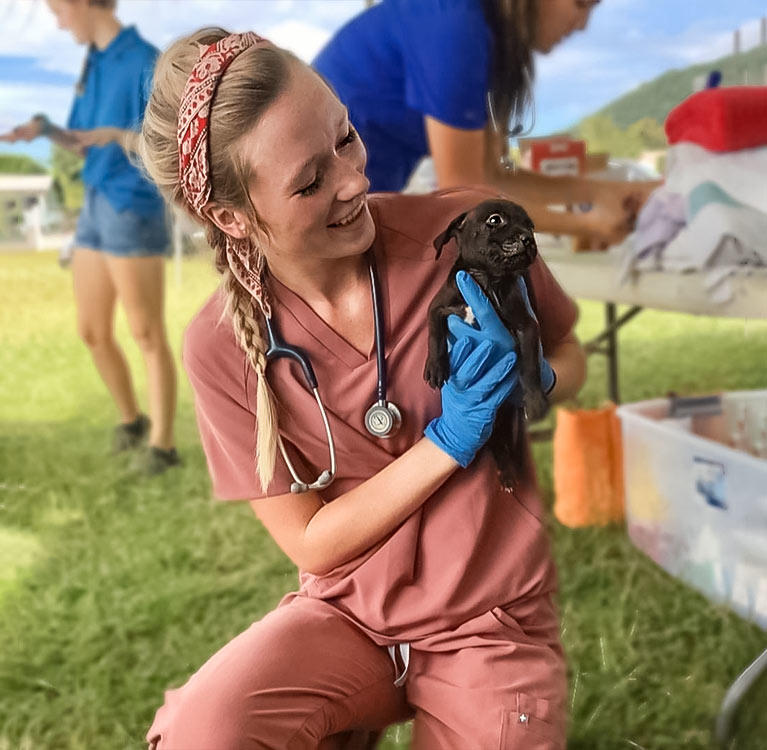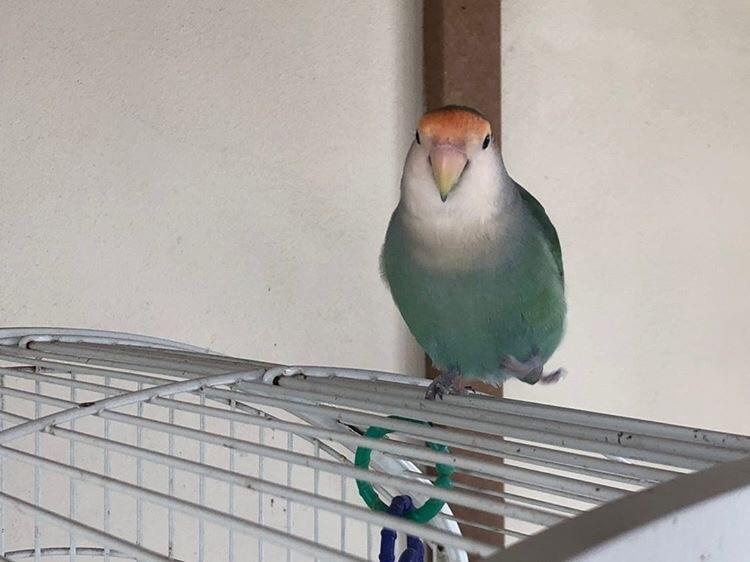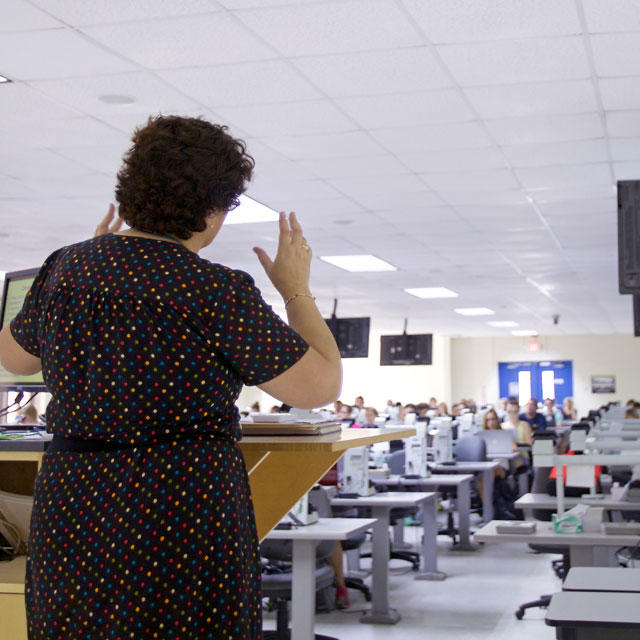When you think of veterinarians, the first thing that usually comes to mind is doctors who staff animal hospitals and local clinics. According to the American Veterinary Medical Association (AVMA), two of every three licensed vets in the United States work in private clinical practice. So the easy answer to the question, “where do most vets work?” is: they work in private practice. But that means there are still thousands of veterinarians who practice elsewhere. So in addition to private practice, where can vets work?
An increasing number of veterinarians pursue veterinary specialties working with certain types of animals such as equine, reptiles, or exotics. Others focus on specialized areas within veterinary medicine such as emergency and critical care, oncology, and even acupuncture. You can find veterinarians across the sector working in government, universities and research institutions, private sectors, and more.
So, just where can vets work, anyway? This article will give you some ideas of exactly where do veterinarians work, which may help you decide which veterinary specialty fits you best. Depending on your area of interest in the field, there’s a good chance there’s an opportunity for you to pursue. Whether you want to work with farm animals, service animals, or pets, or whether you want to study wildlife or farm animals, there are many fields of veterinary studies to consider, and many places to practice.
WHERE CAN YOU WORK AS A VETERINARIAN?
Within the general subject of veterinary medicine, there are dozens of veterinary specialties to consider. These specialties include such topics as veterinary-centered studies of clinical pharmacology, dentistry, sports medicine, and critical care. Whether you are interested in studying how COVID-19 is affecting animals or veterinary radiology, there are plenty of options to consider.
Each specialty has its own professional organization, and each can give you information about its specific focus. For example, the American Association of Feline Practitioners focuses on the care of cats; the American Association of Equine Practitioners works with horses; the American Association of Wildlife Veterinarians is dedicated to wildlife welfare, and the American Association of Fish Veterinarians works with fish ranging from pets to laboratory animals to those in natural and commercial fisheries. The AMVA’s Career Options for New Veterinarians has links to many of these professional organizations.
There isn’t one answer to the question: where do veterinarians work? As you may imagine, veterinarians who care for cats work in different locations than equine practitioners, and most wildlife vets cover different ground than fish vets. Depending on the specialty, a vet may work at the corner animal hospital, a farm, a laboratory, or even at sea. Many veterinarians are engaged in research at academic institutions and private corporations. They might formulate new veterinary medicines, develop new treatments, or study animal behavior. Other veterinarians are employed by not-for-profit animal welfare groups, working with threatened animals and providing care at animal shelters. Still others work with such service animals as police horses and canine units.
Now that you have an idea of what kinds of jobs veterinarians can do, you still might be wondering where do veterinarians work—geographically—in the United States? According to the Bureau of Labor Statistics (BLS), in 2020 the states with the highest level of employment for veterinarians were California, Texas, Florida, New York, and Pennsylvania. Metropolitan areas with the highest levels of employment for veterinarians were:
1. New York
2. Los Angeles
3. Philadelphia
4. Chicago
5. Washington, D.C.
6. Dallas
7. Atlanta
8. Houston
9. San Diego
10. Denver
That doesn’t mean you have to move to a big city to find employment as a veterinarian, however. BLS statistics show that the highest concentration of new veterinary jobs in 2020 were in rural areas of South Dakota, Montana, New Hampshire, Maine, and Vermont. No matter where you want to live and work, there will be veterinarian opportunities available to you.
BEST PLACES TO WORK AS A VETERINARIAN
Prospective students of veterinary medicine may ask “Where are the best places to work as a veterinarian?” As this article has shown, there are many options for work in the veterinary sciences, but the best choice will be the one that meets your individual needs and interests.
Interested in learning more about the profession? Read more about What Do Veterinarians Do on our blog.
Learn more about specialty areas in veterinary medicine. Take a deep dive into a wide range of veterinary specialties that will kick-start your knowledge of veterinary topics, procedures, treatments, and more. Watch when you want from where you are.
Ready to take the first step and begin your journey to the local clinic, the oceanographic institute, or dairy farm? Apply for admission to RUSVM.
Related resources:






